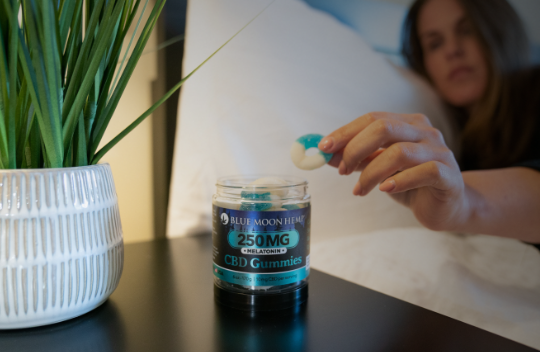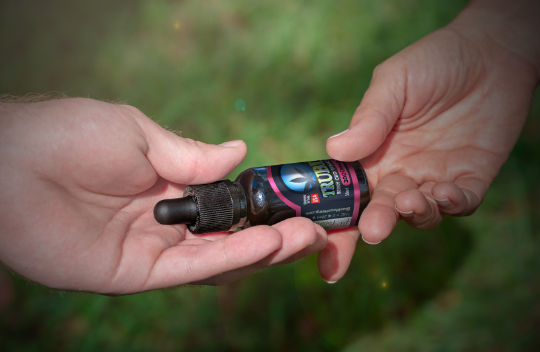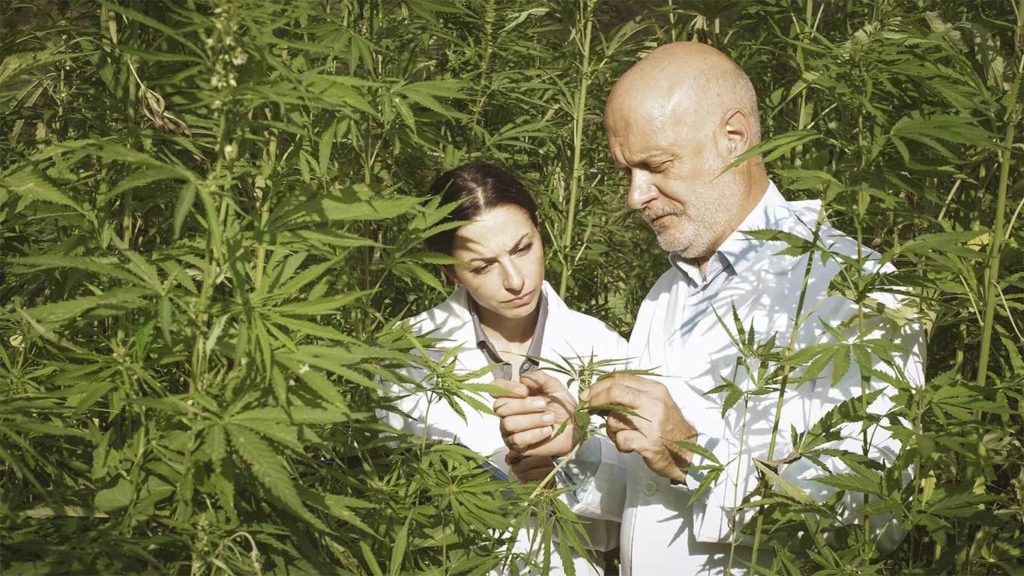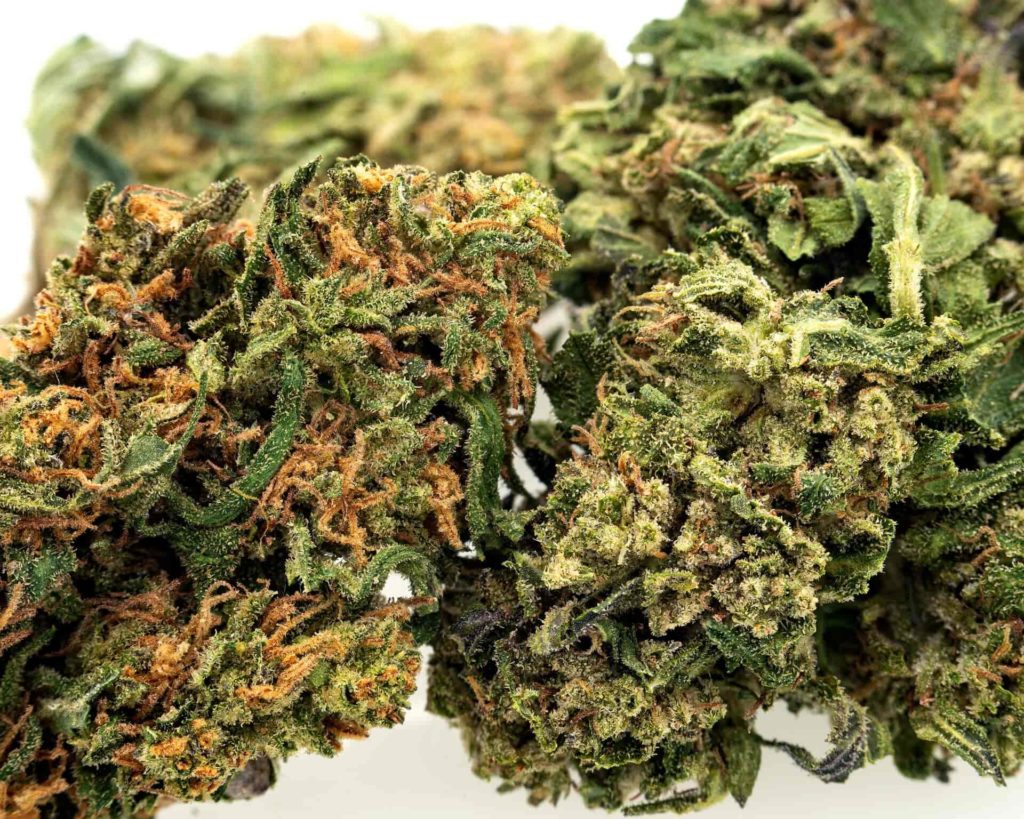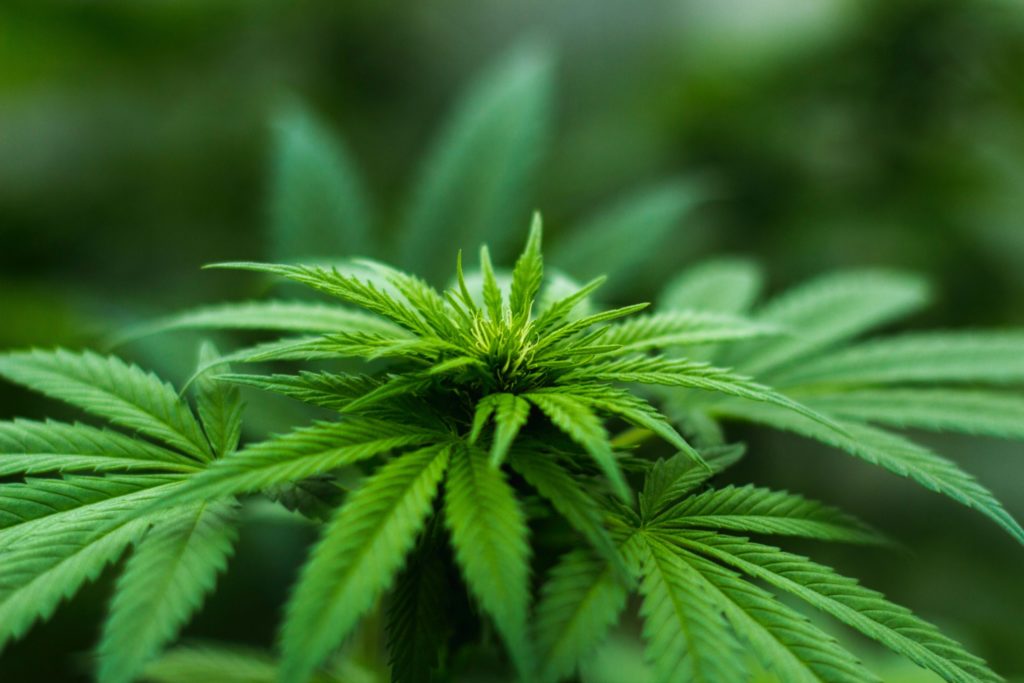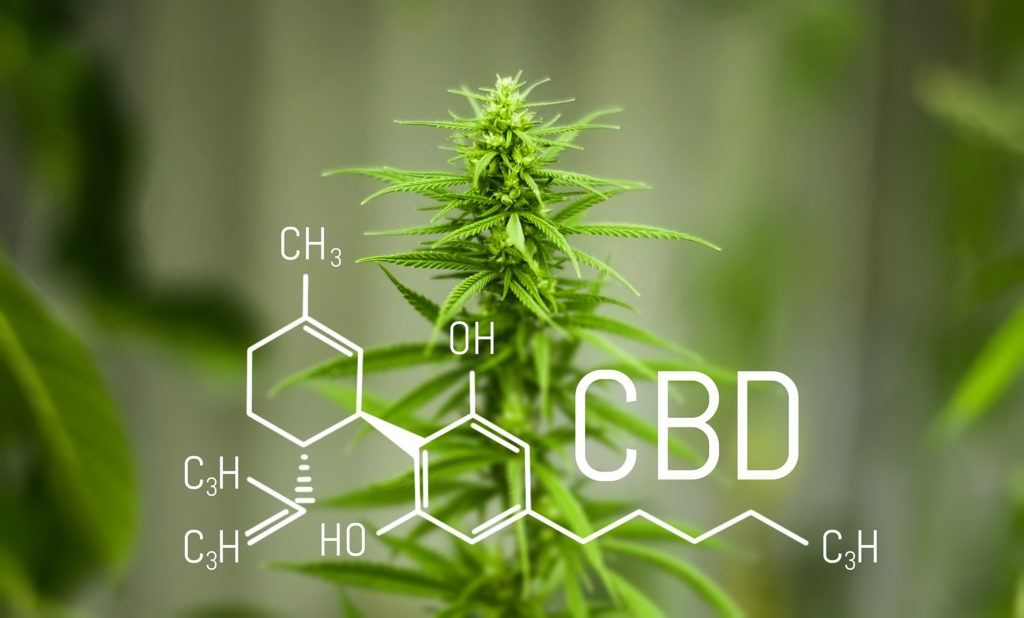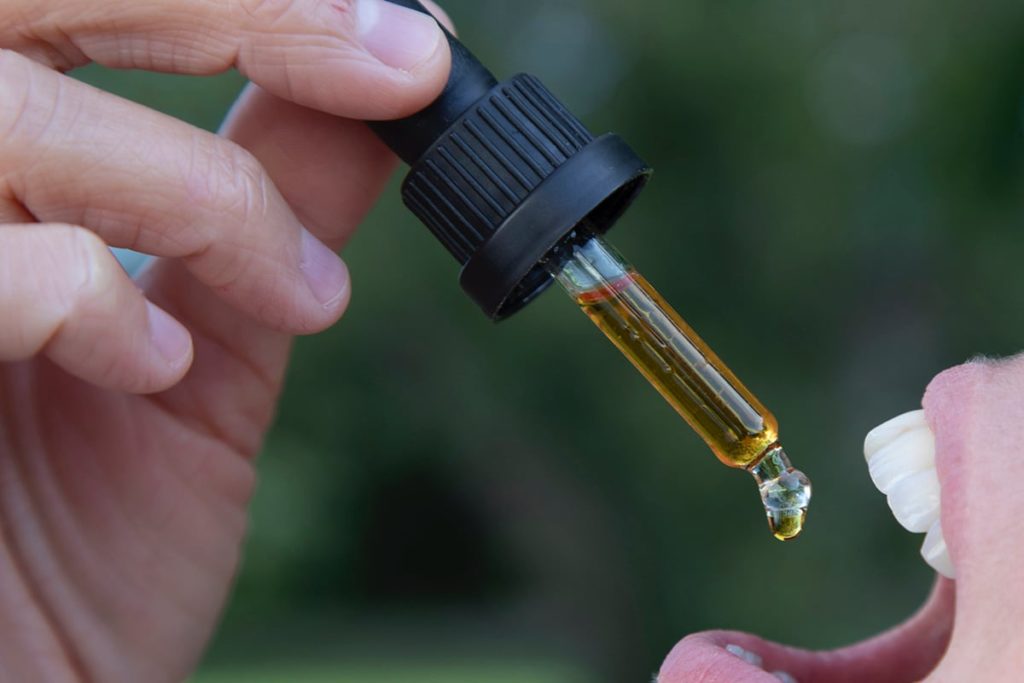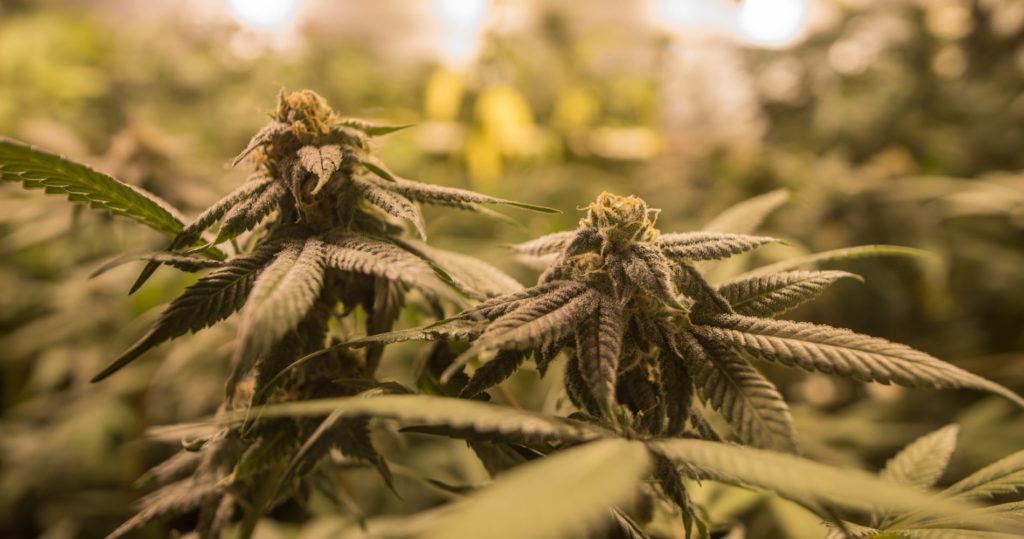Cannabidiol, commonly known as CBD, is a natural compound found in the cannabis plant. Unlike tetrahydrocannabinol (THC), CBD is not psychoactive, which means it does not cause the “high” associated with cannabis use. CBD has been gaining popularity in recent years due to its potential health benefits, including its ability to help boost energy levels. In this article, we will explore how CBD can help increase energy levels and its potential benefits.
CBD and Energy Levels
CBD interacts with the endocannabinoid system (ECS), a complex network of receptors, enzymes, and neurotransmitters that regulates many functions in the body, including mood, sleep, appetite, and energy levels. The ECS is responsible for maintaining homeostasis or balance in the body. When the ECS is not functioning properly, it can lead to various health issues, including low energy levels.
Studies suggest that CBD may help increase energy levels by interacting with the ECS. CBD can interact with the receptors in the ECS, including the CB1 and CB2 receptors, to help regulate various bodily functions, including energy levels. Research shows that the ECS plays a significant role in regulating energy metabolism, and the activation of the CB1 receptor has been shown to stimulate the release of energy from fat cells.
In addition to its interaction with the ECS, CBD may also help increase energy levels by reducing stress and anxiety, improving sleep quality, and reducing inflammation.
CBD and Stress and Anxiety
Stress and anxiety can be a significant contributor to low energy levels. Chronic stress can lead to fatigue, insomnia, and other health issues that can negatively impact energy levels. CBD may help reduce stress and anxiety by interacting with the ECS and promoting the release of feel-good neurotransmitters like serotonin and dopamine.
Research shows that CBD can help reduce anxiety in individuals with social anxiety disorder, post-traumatic stress disorder (PTSD), and other anxiety disorders. A 2019 study published in The Permanente Journal found that CBD may help reduce anxiety and improve sleep in individuals with anxiety and sleep disorders.
CBD and Sleep Quality
Sleep is essential for maintaining energy levels, and lack of sleep can lead to fatigue, reduced focus and productivity, and other health issues. CBD may help improve sleep quality by reducing anxiety, promoting relaxation, and regulating sleep-wake cycles.
A 2019 study published in the journal Medicines found that CBD improved sleep quality and reduced insomnia symptoms in individuals with chronic pain. Another study published in the Journal of Clinical Psychology in 2020 found that CBD improved sleep and reduced anxiety in individuals with anxiety and sleep disorders.
CBD and Inflammation
Inflammation is a natural response by the body to injury or infection, but chronic inflammation can lead to various health issues, including fatigue and low energy levels. CBD may help reduce inflammation by interacting with the ECS and promoting the release of anti-inflammatory cytokines.
Research shows that CBD can help reduce inflammation in individuals with conditions such as arthritis, multiple sclerosis, and other autoimmune disorders. A 2018 study published in the Journal of Clinical Investigation found that CBD may help reduce inflammation in the brain and improve cognitive function in individuals with Alzheimer’s disease.
How to Use CBD for Energy
If you’re interested in using CBD to improve your energy levels, there are several ways to do so. One of the most popular methods is to take CBD oil or capsules orally. CBD oil can be taken sublingually (under the tongue), which allows for faster absorption into the bloodstream. CBD capsules can be swallowed like any other pill and may provide a more convenient option for some people.
Another option is to use CBD topicals, such as creams, balms, and lotions, which can be applied directly to the skin. These products may be beneficial for localized pain and inflammation, which can contribute to fatigue and low energy levels.
Finally, some people may choose to vape CBD or use it in other forms, such as edibles or beverages. However, it’s important to note that vaping and smoking can have potential health risks and may not be suitable for everyone.
When using CBD for energy, it’s important to start with a low dose and gradually increase it as needed. It’s also important to choose high-quality CBD products from reputable sources to ensure safety and effectiveness.
Conclusion
CBD may help increase energy levels by interacting with the ECS, reducing stress and anxiety, improving sleep quality, and reducing inflammation. While more research is needed to fully understand the potential benefits of CBD for energy levels, preliminary studies suggest that CBD may be a promising natural alternative for improving energy and overall well-being. If you are considering using CBD to boost your energy levels, it is essential to consult with a healthcare professional to determine the appropriate dosage and ensure that it is safe for you to use.




